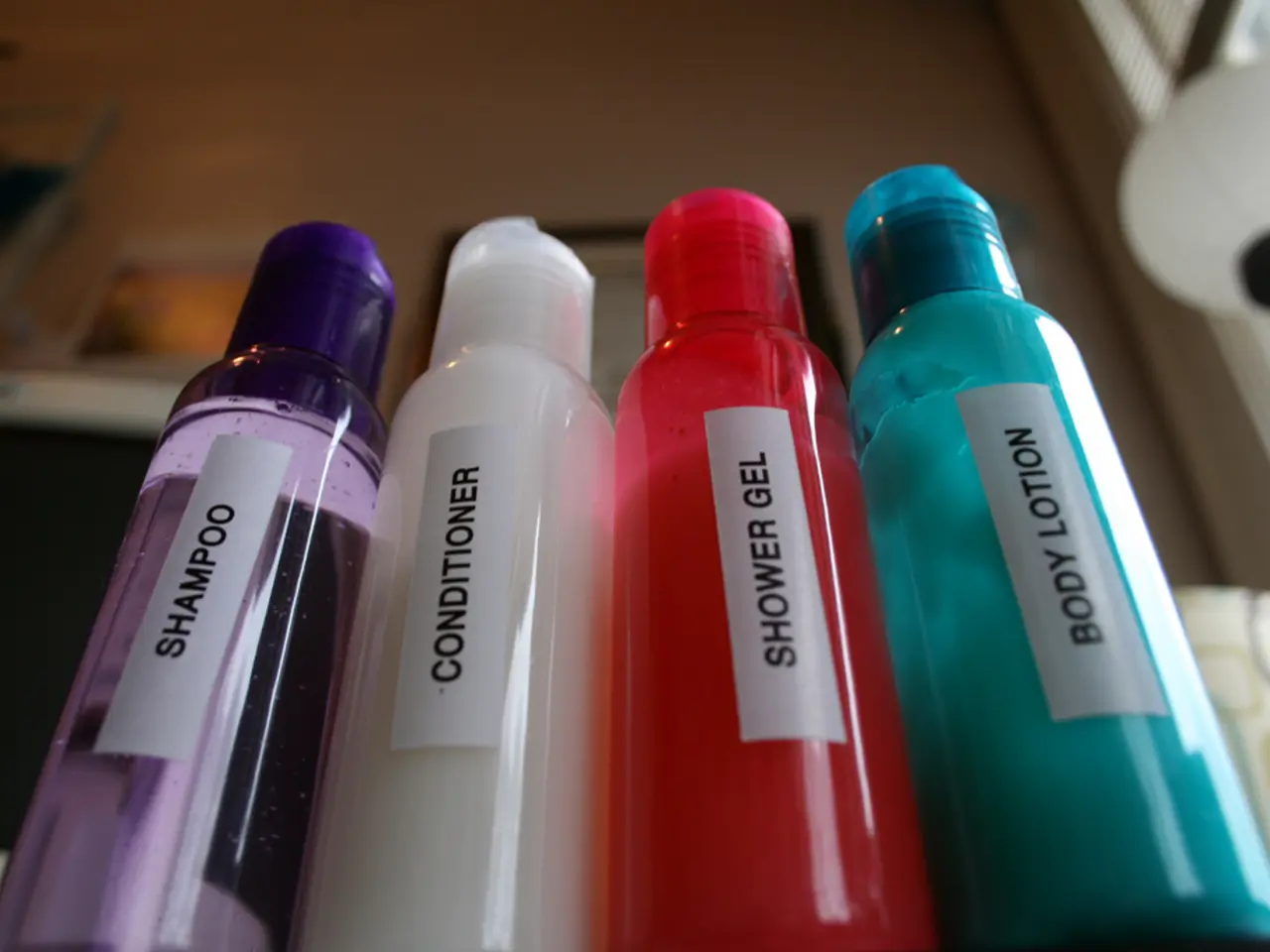Simple Guide for a Basic Skincare Regimen
In the quest for healthy, radiant skin, understanding the importance of a well-structured skincare routine is crucial. While specific recommendations may vary based on individual skin types and concerns, there are some general guidelines that can be applied to achieve optimal results.
For starters, a morning skincare routine is designed primarily to protect and prepare the skin for the day ahead. The following steps are commonly recommended:
1. **Cleanse**: Start with a gentle facial cleanser to remove overnight impurities and prepare the skin for the day.
2. **Tone**: Use a toner to balance the skin's pH and prepare it for further products.
3. **Moisturize**: Apply a lightweight moisturizer or serum to hydrate and protect the skin.
4. **Sunscreen**: Apply a broad-spectrum sunscreen with at least SPF 30 to shield the skin from harmful UV rays.
5. **Makeup**: If applicable, apply makeup after sunscreen.
In contrast, the evening skincare routine is geared towards cleansing and repairing the skin. The steps are as follows:
1. **Remove Makeup**: Use a makeup remover to gently take off makeup before cleansing.
2. **Cleanse**: Cleanse the face with a suitable cleanser to remove dirt and makeup.
3. **Exfoliate**: Exfoliate one to three times a week to remove dead skin cells (chemical or physical exfoliants).
4. **Tone**: Use a toner to balance the skin's pH.
5. **Serum/Treatment**: Apply a serum or treatment product targeting specific skin concerns (e.g., acne, aging).
6. **Moisturize**: Apply a moisturizer to hydrate and nourish the skin overnight.
For those with acne-prone skin, the focus of the routine is on managing breakouts. Consider a cleanser containing salicylic acid or benzoyl peroxide, and a vitamin A-based cream applied at night can help manage acne and build new collagen.
People in their 30s or 40s might opt for a cleanser with alpha hydroxy acid, like glycolic acid, to brighten their skin and reduce pigmentation. For those with more mature skin, the focus might be on preventing fine lines, discoloration, and other signs of aging.
If you have oily skin, double cleansing (using an oil-based cleanser followed by a water-based one) in the evening might be beneficial. If you have sensitive skin, it's advisable to test a product on a small area of skin before applying it to the whole face.
A skin care routine should be tailored to each person's skin type and goals. New skin care products should be introduced one at a time to avoid skin irritation. Taking care of the skin from the inside out (e.g., getting enough sleep, managing stress, and eating a healthy diet) is important for overall skin health.
Products containing ingredients backed by scientific studies are recommended, regardless of their price. To enhance collagen production, consider incorporating collagen-supporting nutrients into your diet, such as vitamin C, and using gentle heat styling and a healthy diet.
Additional tips from Dr. Shilpi Khetarpal's general advice include avoiding environmental hazards like cigarettes, consistently applying sunscreen, using topical antioxidants, and staying hydrated by drinking plenty of water[1].
[1] Dr. Shilpi Khetarpal, personal communication, 2021.
Food rich in vitamin C can support collagen production for optimal skin health. Regular fitness and exercise improve circulation, promoting a healthy and radiant skin-care routine. Adopting a health-and-wellness lifestyle, including a balanced diet, ample hydration, and stress management, can contribute to overall skin health and wellness.




